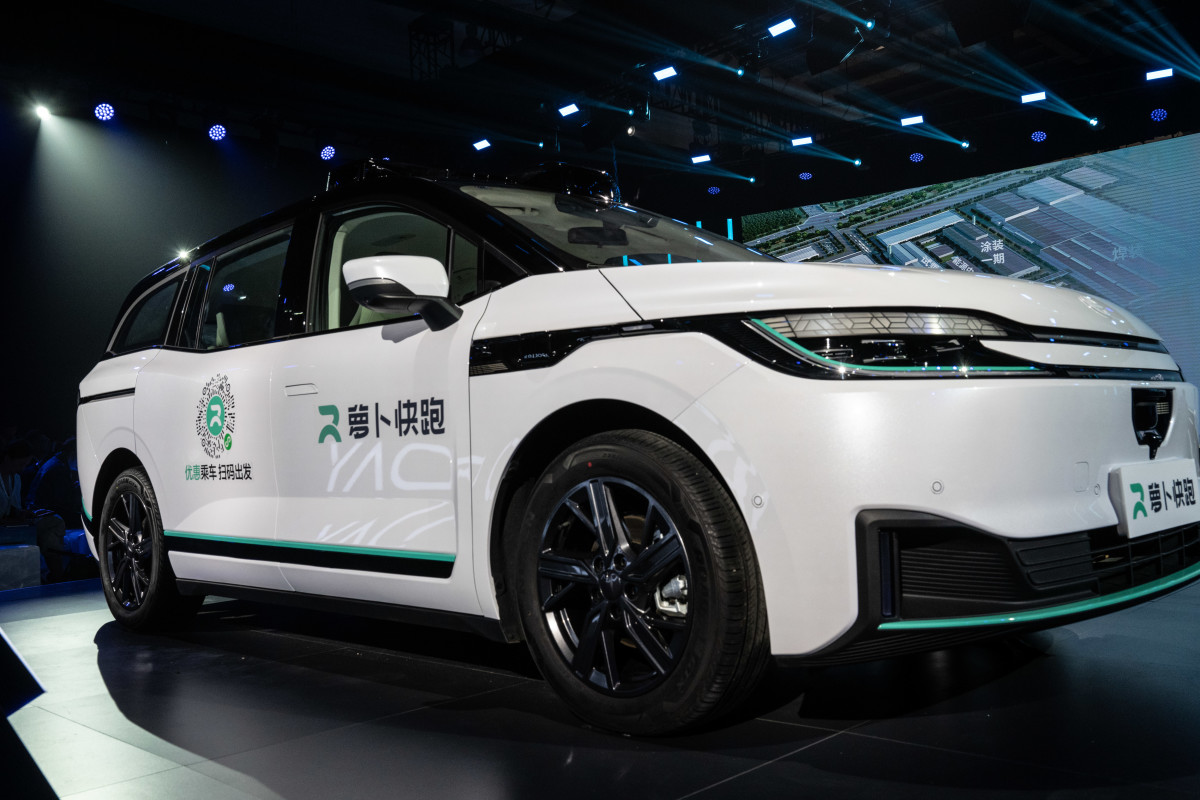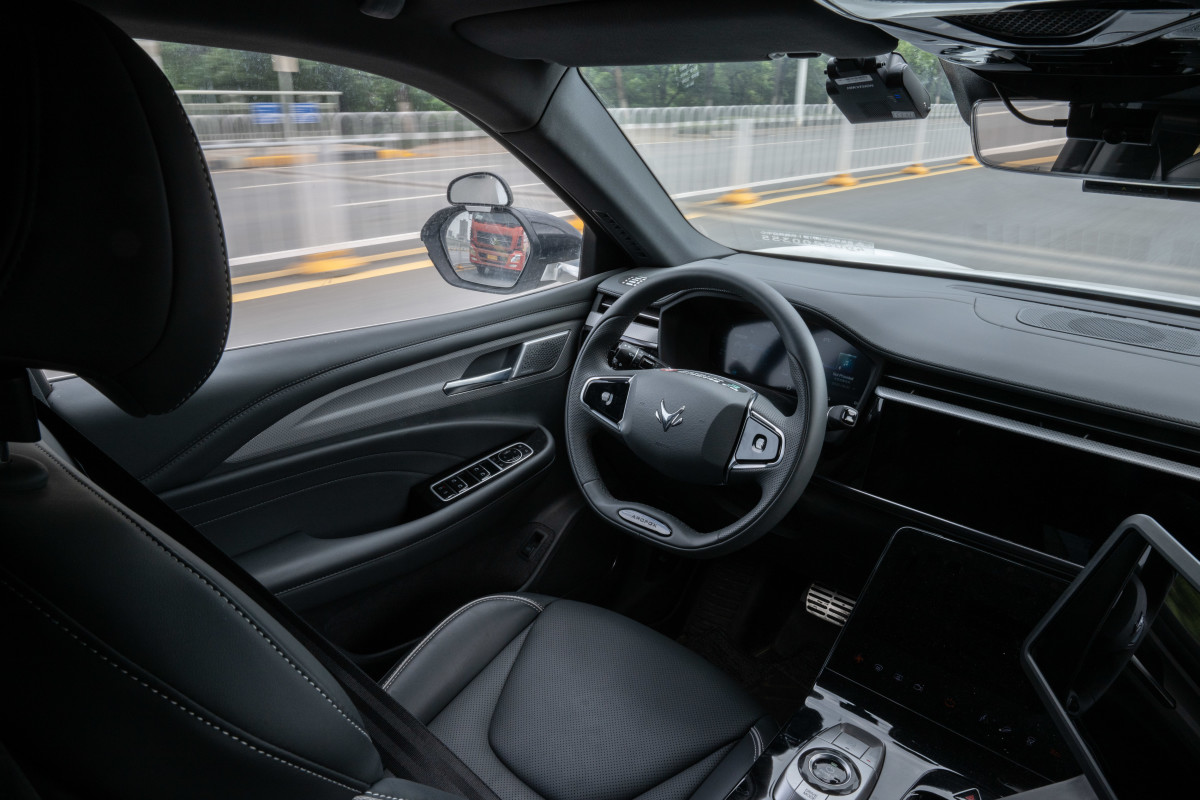China gains a competitive edge in the autonomous driving market
China’s Car Inc. has launched the world’s first autonomous vehicle rental service with Baidu’s smart driving business, Apollo. Baidu’s Apollo autonomous platform, which has Level 4 self-driving capability, utilizes Car Inc’s nationwide rental network and fleet operations. The service allows users 18 or older to book a session ranging between four hours and seven days, unlock, and return an autonomous vehicle without human assistance.
Apollo’s first round of customized self-driving cars can hold up to three passengers, and the service’s pricing mirrors Car Inc’s current short-term rental costs. China’s growing auto rental market is projected to reach a value of about $41 billion by 2030, and Baidu’s partnership with Car Inc. aims to carve out a niche. The companies said in a statement to PYMNTS: “Autonomous rental services are seen as particularly promising due to their ease of use and flexibility, appealing to both urban users and tourists, and providing a transportation option for those who are unable or find it inconvenient to drive, including the elderly, unlicensed individuals, international visitors, and people with disabilities.”

Getty
China’s latest self-driving innovation widens the gap with Tesla
Starting in 2016, Elon Musk shared a vision of Tesla owners renting out their vehicles as self-driving cars to rideshare customers, with participants earning up to $30,000 a year. However, Tesla only launched the pilot version of its autonomous robotaxi at the end of June. While these robotaxis are Model Ys, reflecting that Tesla can integrate Level 4 self-driving technology across its lineup, the starting fleet is limited to around 12 vehicles. These Model Ys are also dedicated robotaxis instead of customer-sourced, and Tesla is planning volume production of a purpose-built robotaxi model, the Cybercab, for 2026. Uber CEO Dara Khosrowshahi commented on Tesla’s plans for its customers to use their vehicles as Robotaxis: “Probably the times at which you’re going to want your Tesla are probably going to be the same times that ridership is going to be at a peak,” Fortune reports.
Edwin Olson, CEO and co-founder of autonomous driving tech company May Mobility, told Fortune: “It’s not viable [Tesla’s plans]. Individual car owners don’t want to be ‘landlords’ of their car. Riders are often hard on cars—they treat them poorly, make messes, slam doors—all because the vehicle is not theirs. This could deter owners from participating.” Baidu Apollo has found a way around these issues with Car Inc’s nationwide rental network and fleet operations, placing Tesla further behind in the self-driving race when it was already chasing Waymo upstream. Apollo Go, Baidu’s autonomous rideshare service, has racked up over 11 million service rides globally, with a 75% year-over-year increase in orders during Q1 2025. A sixth-generation Apollo Go vehicle costs about $28,150—30% lower than Teslas and 1/7th of Waymo’s operating costs, CarNewsChina.

Getty
Final thoughts
Baidu Apollo’s partnership with Car Inc. solves two key problems stemming from Tesla’s owner-rental approach: wear-and-tear and owner reluctance. While some Tesla owners may have liked the sound of pocketing up to $30,000 annually loaning out their vehicle as a robotaxi, the vision remains largely aspirational. Self-driving competitors like Waymo and Baidu’s Apollo Go have logged over 10 million rides each across several cities, while Tesla’s robotaxis remain limited to Austin, Texas, using a limited fleet.